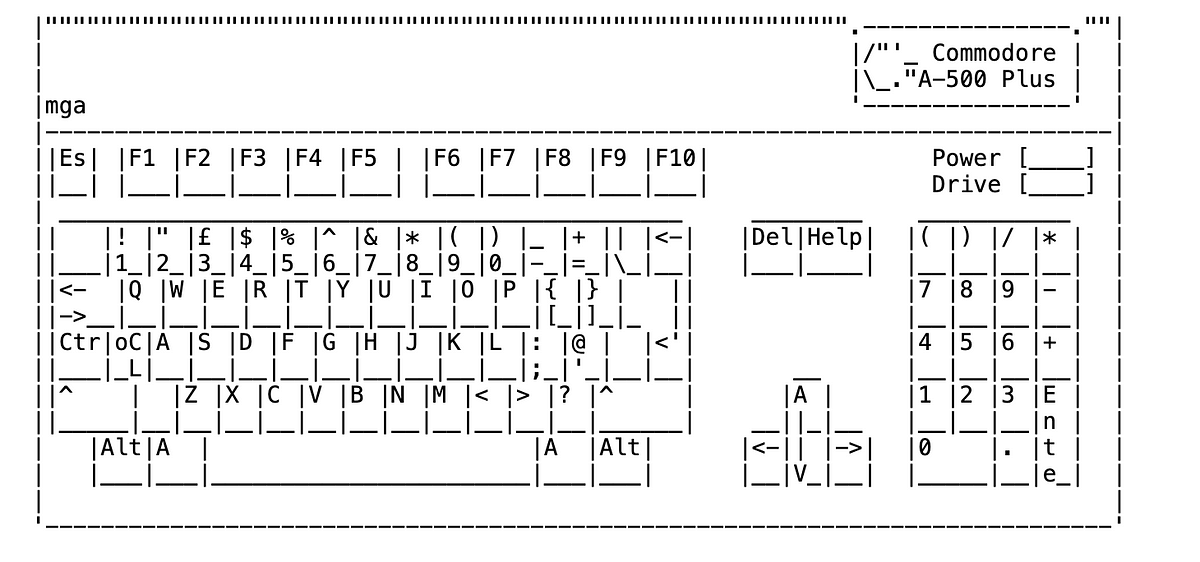By contrast, consumer software tools that enhance human agency, that serve us when we are most creative and intentional, are often built by hobbyists and used by a handful of nerds. If such a tool ever gets too successful one of the Marl-serving companies, flush with cash from advertising or growth-hungry venture capital, will acquire it and kill i... See more




